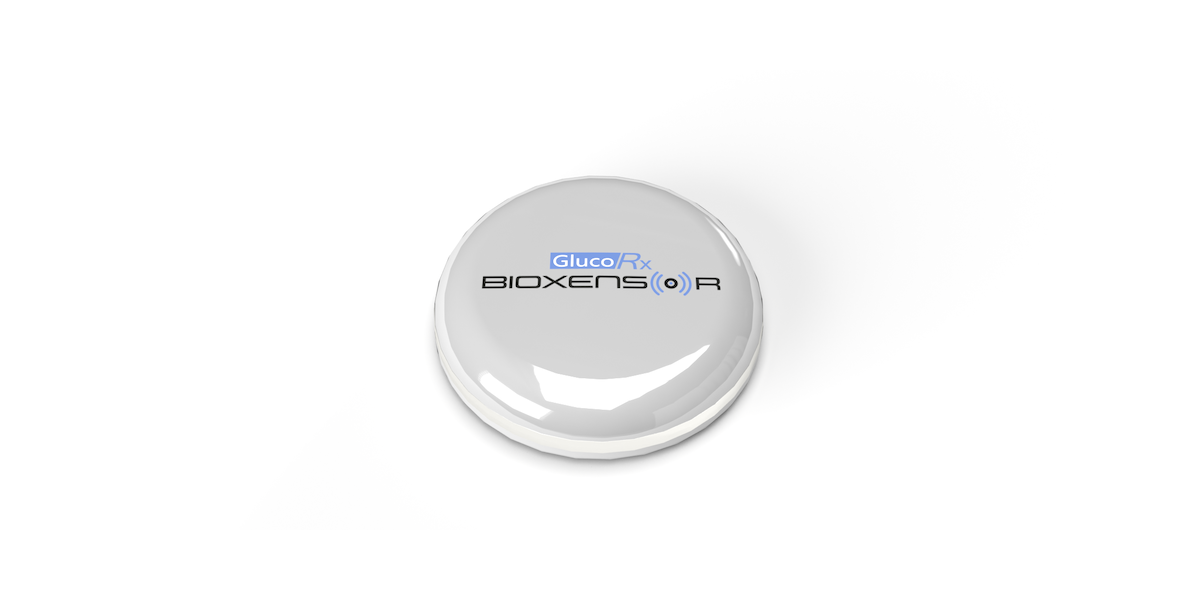- GlucoRx and Cardiff University have developed a needle-free continuous glucose monitor (CGM).
- The new technology, called the GlucoRx BioXensor, uses radio frequencies to measure blood glucose levels from 3 mmol/l to 30 mmol/l.
- After a series of successful trials, the device is set to undergo a clinical study later this year before applying for accreditation to be sold commercially within the EU.
Diabetes technology supplier GlucoRx and Cardiff University have developed a ‘life-changing’ non-invasive continuous glucose monitor (CGM) called the GlucoRx BioXensor.
People living with diabetes may measure their blood glucose by either pricking a finger and testing the extracted blood using a glucometer or via a semi-invasive CGM with a needle that is affixed to the skin.
Rather than using a needle, the GlucoRx BioXensor uses radio frequency and multi-sensor technology to measure blood glucose levels from 3 mmol/l to 30 mmol/l by the minute.
- Free life-changing technology for people with type 1 diabetes
- Medical Students’ Experiences with CGMs Could Improve Care For Diabetes Patients
Chris Chapman, GlucoRx chief operating officer, said: “We are excited about this life-changing end-to-end diabetes monitoring platform of ours which can be discreetly stuck on the skin to monitor blood glucose, giving readings every minute on smart mobile applications.
“GlucoRx BioXensor has standout accuracy with a proven MARD of 10.4%, owing to its multi-sensor approach capturing blood glucose as well as Sp02, ECG, respiration rate, heart rate, temperature, activity, sleep, and early fall detection. The wearable device has a longer shelf-life because it is not chemical in its action.”
The team behind the new CGM believe it will improve the quality of life of people with diabetes while also assisting in the condition’s prevention and remission due to its remote monitoring technology and smart alarms.
After trials at Swansea University, the BioXensor will undergo a further clinical study later this year before it is submitted for CE certification allowing the device to be sold commercially in the EU.






